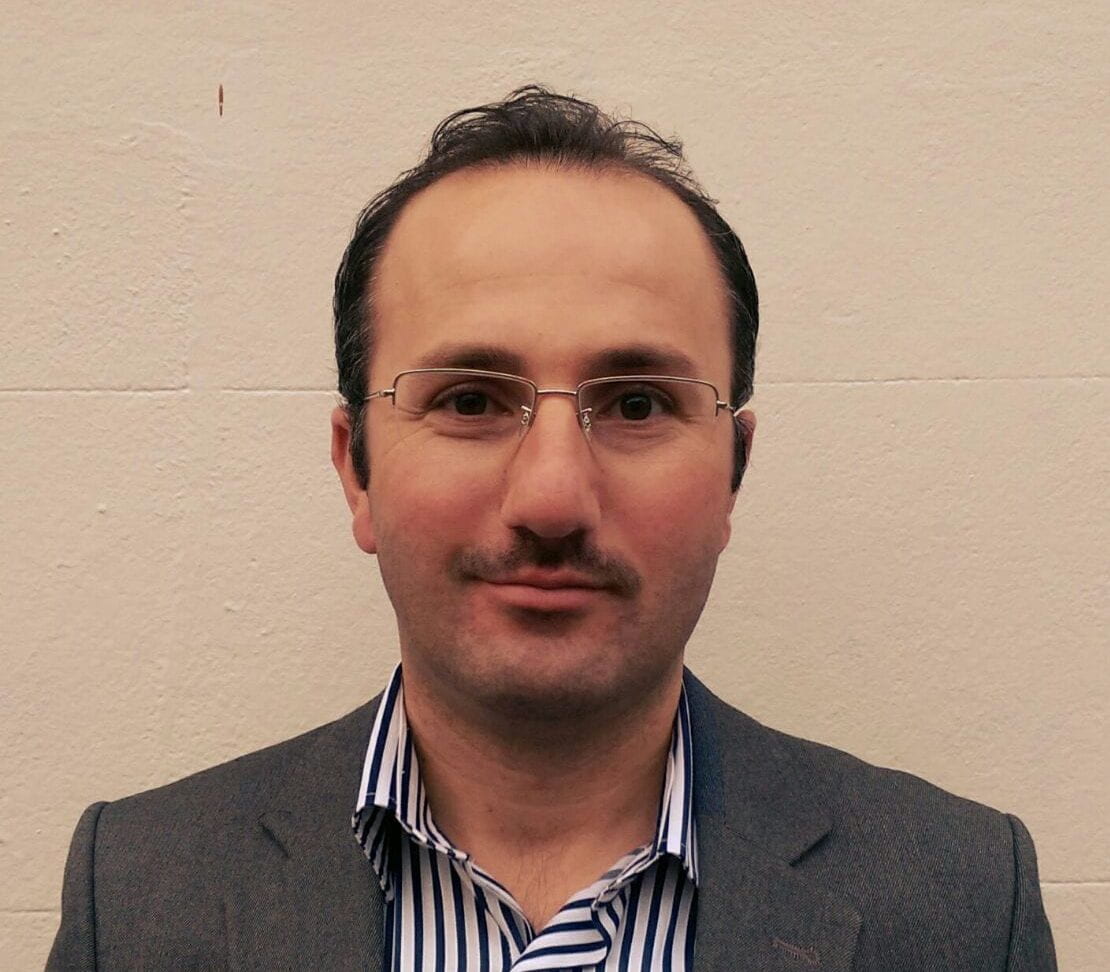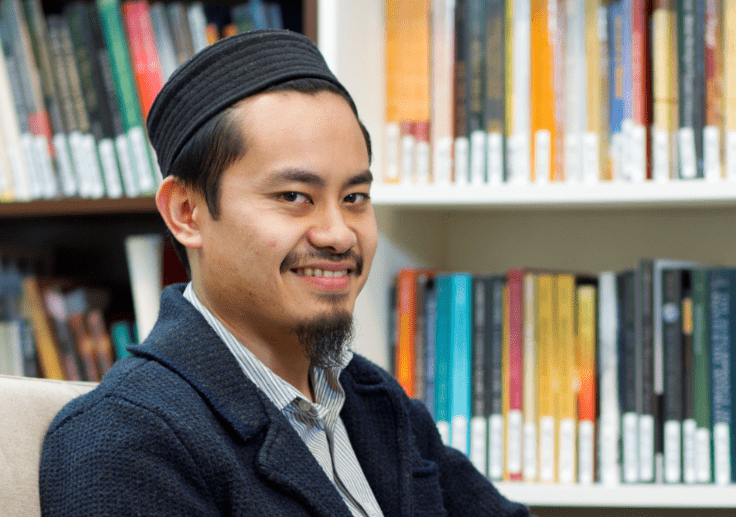Written by Salih Yucel
Latest Articles:
Islam’s Adaptation of Virtue Ethics: Bringing Light to the Challenges of a Post-Pandemic World
The form of philosophical ethics that goes back to Aristotle — often referred to as virtue ethics — is based, not upon conceptions of the right (as in Kantian ethics) or the good (as in utilitarianism), but on a particular understanding human nature and biology. Religious traditions tended to adopt this form of ethics in the medieval period — and hence theological ethics within Islamic and Christian or Jewish traditions often dealt with such common affects as anxiety, fear, and sorrow, their causes and their treatment. For example, the tenth-century Christian ethicist Yahya bin ʿAdī worked on the refinement of character, while the eleventh-century Muslim ethicist Miskawayh produced a book with the same title (tahdhib al-akhlaq) relying on Aristotle’s ethical framework. Muslim ethicists in particular both Islamised Aristotelian virtue ethics and harmonised it with the Qur’ān and sunnah (the prophetic tradition).
After the Enlightenment, the West largely abandoned Aristotelian virtue ethics. But the epochal work of Alasdair MacIntyre has attempted to recover the vitality and centrality of virtue ethics as a form of practical reasoning, wisdom, and excellence. There is indeed much wisdom to be sought in this more traditional conception of ethics amid the coronavirus pandemic, particularly as societies continue to pursue the common good, wrestle with societal challenges, and explore interfaith collaborations which might equip people with post-COVID-19 resilience.

Christian and Jewish Virtue Ethics
The thirteenth-century Christian theologian Thomas Aquinas, in his Summa Theologiae, examines what is required for an agent to attain the summum bonum, or highest good. In order to perform morally good acts and thus attain happiness, Aquinas argues, all the cognitive and appetitive faculties that contribute to action should be perfected by the virtues. Thus, the agent’s sensitive appetites, intellect, and will all need to be taken into account for such good acts to be performed consistently, easily, and pleasurably. Aquinas advances two types of virtues: one set of naturally acquired virtues which direct the moral agent to the human good that is achievable in the present life; and the supernaturally infused virtues which direct the moral agent toward heavenly beatitude.
Jewish philosophers, for their part, included material from rabbinical texts, Greek philosophy, and their medieval contemporaries when discussing issues related to virtue and happiness. And so, while the divine commandments provide guidance as to the conduct of one’s life, Jewish philosophers frequently drew on Aristotle and incorporated his conception of virtue in their deliberation. This is nowhere more apparent than in the writings of the twelfth-century philosopher Mûsâ ibn Maymûn, best known as Maimonides, one of the greatest figures of the medieval period, whose many works were originally written in Judeo-Arabic.
Like Aristotle and the tenth-century Islamic philosopher al-Fārābī, Maimonides differentiates between two types of virtue: rational and moral. Rational virtues include wisdom and intelligence, which in turn consists of theoretical intellect, acquired intellect, and “brilliance and excellent comprehension” or intuition. Moral virtues are found in the appetitive part of the soul, and include a number of characteristics: moderation, liberality, justice, gentleness, humility, contentment, and courage. Maimonides emphasises the repetition of habitual actions for proper character formation. He also incorporates Aristotle’s doctrine of the mean, contending that “good actions are those balanced in the mean between two extremes, both of which are bad: one of them is an excess and the other a deficiency.” Such that:
Moderation is the mean between lust and insensibility; liberality is the mean between miserliness and extravagance; humility is the mean between haughtiness and abasement; generosity is the mean between prodigality and stinginess.
These virtues can be firmly established in the soul by repeating the actions pertaining to a particular moral habit over a long period of time, resulting in our “becoming accustomed to them”.
Islamic Virtue Ethics
In the Islamic ethical tradition, ethics (akhlaq) means that one performs good behaviour spontaneously, without hesitation, and with minimal deliberation. Ethics is, moreover, considered a faculty (malakah), a property of the soul which comes into existence through exercise and repetitive practice, and so is not easily undone. Following the Aristotelian tradition, medieval Muslim ethicists discussed the purpose of human beings and the achievement of virtue and virtue being pleasurable. They analysed the three faculties of the soul: intellectual (ʿaql), irascible (ghadab), appetitive (shahwah) — the purpose of each faculty, the virtue underlying each faculty, its sub-virtues and how to acquire them, virtue being a balance of each faculty and vice being an imbalance, the excess and deficiency of each faculty and vices and how to treat them. They conclude that there are four pillars of good character: wisdom, courage, temperance, and justice.
This is best illustrated in the fourteenth-century Muslim theologian ʿAdududdin al-Ijī’s treatise on ethics (Risalat al-Akhlaq). A number of commentaries have been written on this work and it was taught in traditional Islamic seminaries for centuries. For Al-Ijī, the virtue in the intellectual faculty is wisdom (hikmah), defined as knowing things as they are and doing what should be done. Following Aristotle’s approach, Al-Ijī’s epistle then examines sub-virtues of wisdom. Consequently, in the Islamic ethical tradition, knowing the nature (or disposition) of things is called hikmah (wisdom), and one who judges with wisdom is called hakīm (the wise). Accordingly, Muslim ethicists like Al-Ijī also discussed spiritual sicknesses originating from the intellectual faculty — such as bewilderment and ignorance — their causes and treatment.
The virtue in the irascible faculty is courage, and it has its own sub-virtues — such as greatness of spirit (magnanimity), patience, and compassion. There are also psychological maladies originating from the irascible faculty like wrath, cowardice, and fear, whose causes, again, were carefully discussed, as were their remedies.
The virtue in the appetitive faculty is temperance, whose sub-virtues include moderation, tranquillity, and contentment. There are also spiritual sicknesses originating from the appetitive faculty like greed, sloth, and sorrow. To take an example, sorrow (ḥuzn) is defined as great sadness resulting from not attaining what is desired from worldly pleasures and physical desires. It is considered a spiritual sickness (or a psychological malady) originating from an excess in human appetites. Its treatment is to know that all things in this world, including feelings of joy and sorrow, are subject to generation and corruption. So, if our happiness relies on perishable things, it is quite unintelligent and will succumb to frequent sadness and disappointment. Intelligent people should seek permanent things — such as knowledge of higher matters, immaterial entities, and rational thought. Such intelligent people will not fall into excessive sorrow when they lose perishable things.
Finally, justice is achieved after obtaining the other three virtues — wisdom, courage, temperance — and it consists of the summary of these virtues, which are the middle way of humanity’s three powers. As Miskawayh and Al-Ijī demonstrate:
Justice is a virtue of the soul which it gets from the union of the three virtues, when the three faculties act in harmony one with another and submit to the discerning faculties so that they do not combat among themselves or follow their desires according to the dictates of their natures. The fruit of this virtue is the acquisition of an attitude which induces the person to choose always to be fair to himself in the first place, and, then, to be fair to others and to demand fairness from them.
Justice, like the others, has sub-virtues such as true love and friendship (sadāqah) and consensus and union in helping the management of livelihood (ulfah).
As part of the Islamic ethics reading group, we have been reading Al-Ijī’s epistle with its commentary, and what has fascinated us is the way Muslim ethicists like Al-Ijī engaged constructively with Greek ethics, philosophy, and science in their times and harmonised them with the Qur’ān and sunnah, with sufism and a broader Islamic worldview. Al-Iji’s intellectual effort is part of a greater practice of medieval Muslim ethicists such as Miskawayh and Nasir al-Din al-Tusi, who further developed an Islamic philosophy of ethics by reading Aristotle and Aristotle-inspired works.
This practice bears a number of important implications for today. Contemporary intellectuals should have constructive engagement with theologically inspired virtue ethics in general and Islamic virtue ethics in particular, in order to further develop our ethical frameworks according to the intellectual needs of our times — much like ʿAbd Allah Draz, who proposed an Islamic ethics in his Morality in the Qur’ān with reference to Kantian duty-based ethics. For as we have learned over the past ten months, tribulations like pandemics do not just have scientific and medical aspects, they have theological, philosophical, and ethical dimensions as well. And we will require the full range of the excellences of the virtues to overcome these tribulations together.
*This article was originally published by Hakan Çoruh and Abdul Hadi Shah Idil in The ABC Religion and Ethics on January 5, 2021. To view the original article, click here.
About the Author
Hakan Ҫoruh is a lecturer of Islamic Studies at the Centre for Islamic Studies and Civilisation, Charles Sturt University. Hakan’s main field is Qur’anic exegesis (tafsīr), focusing on Qur’anic studies, classical exegesis, and contemporary approaches to the Qur’an and Islam.
Click here for more detail.

Abdul Hadi Shah-Idil is an instructor of classical Arabic and Hanafi Islamic law. He is currently the course coordinator for classical Arabic at CISAC and an instructor of Hanafi Fiqh at Daar Ibn Abbas.
Click here for more detail.






0 Comments